GM and Hyundai's Electric Van and Truck Strategies Emerge
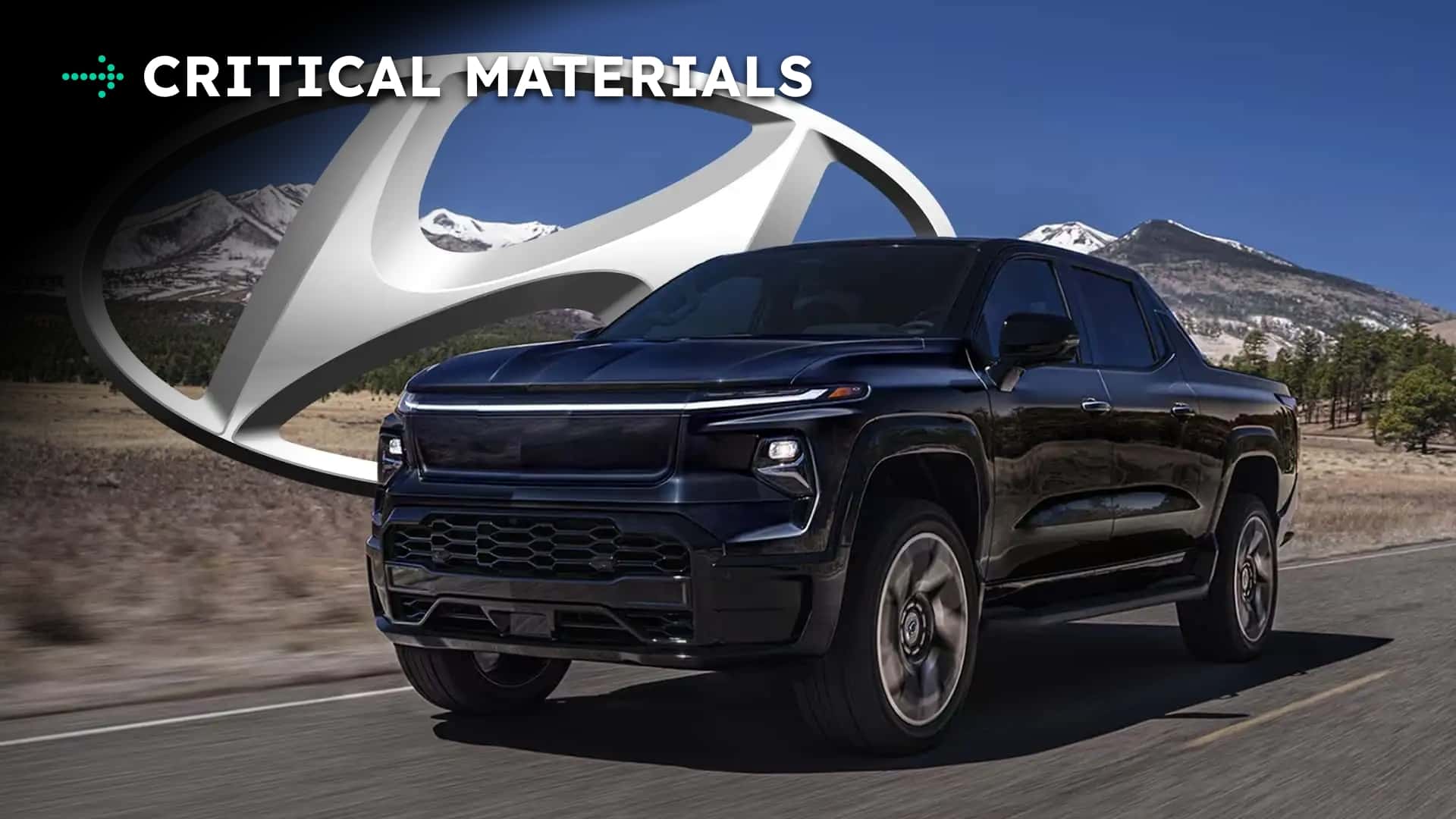
The major automakers are looking into a comprehensive collaboration spanning various vehicle categories and electric vehicle batteries.
A drop in Tesla’s sales might provide its competitors with a clear edge, yet both General Motors and Hyundai aren't seeking simple victories. Rather, these companies are increasing their electric vehicle initiatives and collaborating on upcoming designs. Winning the contest for leadership in the electric vehicle market isn't just about surpassing Tesla—it also involves staying competitive against Chinese car manufacturers, preparing for possible import taxes, and enduring through worldwide commercial conflicts.
Welcome to this Friday issue Critical Materials , your daily summary of news and developments steering the future of automobiles and tech.
In today’s updates: We’ll be looking at the numbers regarding Tesla owner defections. Additionally, Mitsubishi is teaming up with Foxconn to delegate electric vehicle production.
30%: GM and Hyundai Might Collaborate on Future Electric Vehicles
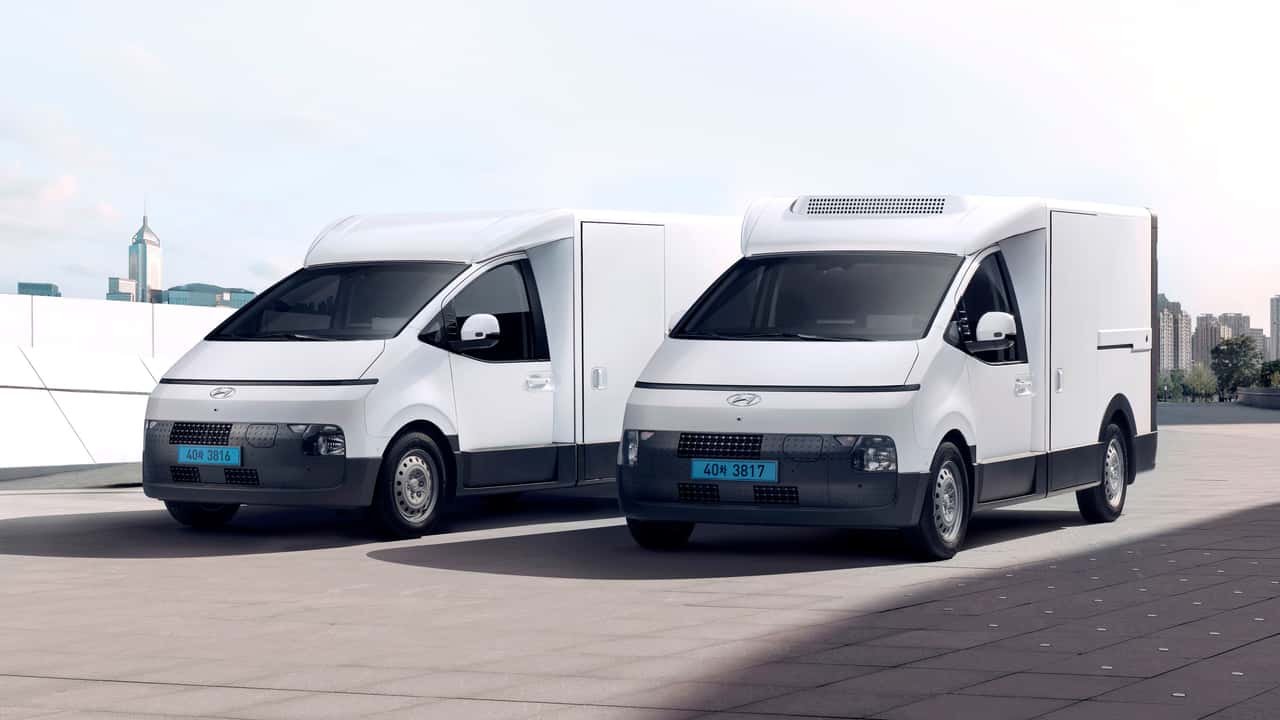
Hyundai's electric commercial vans known as the ST1.
Sales of electric General Motors and Hyundai cars in the U.S. have been shattering records time and time again. Sales of Hyundai’s Santa Fe and Tucson hybrids continue to soaring However, in China, GM is facing intense competition from rapidly advancing domestic car manufacturers that excel in producing high-tech electric and software-defined vehicles.
Hyundai has a limited footprint in China; however, the increasing influence of Chinese electric vehicles in various worldwide markets suggests that the company might benefit from a robust partner to strengthen its global activities. This appears to be materializing as well.
It is reported that major automakers are considering a comprehensive collaboration encompassing advanced batteries and their components, shared vehicle platforms, and potentially jointly procuring or developing computer chips, currently quite popular in the industry. Reuters Hyundai might offer GM electric commercial vans to compete against the Ram ProMaster, Ford Transit, and Mercedes-Benz Sprinter. In turn, GM is thinking about providing its mid-size trucks to Hyundai.
The GM electric van might be built on the futuristic ST1 platform Hyundai unveiled this model last year. Early reports indicated that it would be available only in South Korea; however, the company might now offer rebadged variants to General Motors as well. Initially, Hyundai plans to import these vehicles, though they are contemplating establishing a factory in the United States by 2028. This new facility could produce up to 60,000 units annually by 2030 and scale up to 100,000 units per year by 2032.
Below is a list of possible collaborations between GM and Hyundai:
- GM might acquire a compact electric van built on Hyundai’s ST1 platform, along with a bigger version.
- GM might offer a rebadged Hyundai Creta compact SUV for the Brazilian market.
- Hyundai could potentially receive rebadged versions of the Chevrolet Colorado and GMC Canyon midsize pickup trucks for sale in the United States.
- Hyundai is also aiming for a full-sized pickup, whereas GM has not considered that possibility just yet.
- Collaborative creation of advanced-generation batteries, battery components, and chipsets.
- Shared sales and service networks for the electric vans.
Joining forces with Chinese giants appears to be the preferred strategy for established companies nowadays. The sense of urgency behind this trend is intensifying as these firms aim to fortify themselves against an unpredictable regulatory landscape. President Trump’s tariff threats pose a risk to the complex international supply chains that car manufacturers have meticulously developed over many years.
Automakers can better handle the effects of these policies by joining forces rather than acting alone.
60%: Record Number Of Teslas Were Traded In This Month
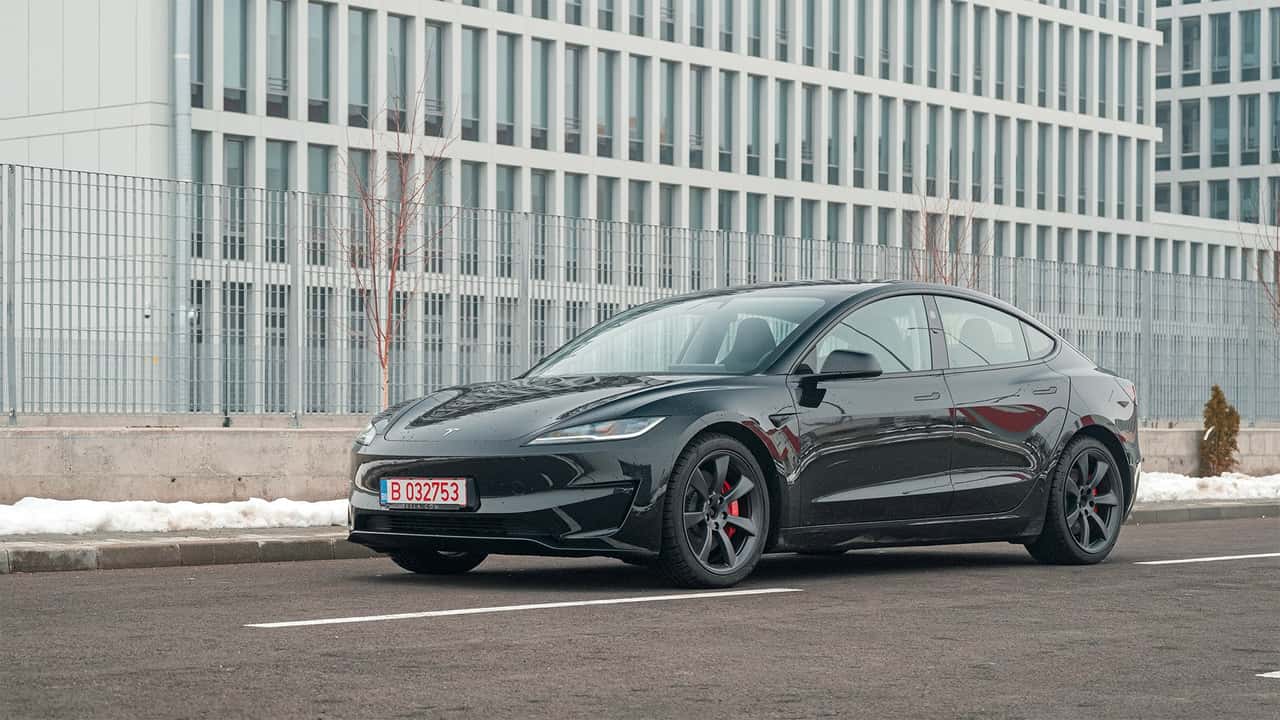
We understood that certain Tesla customers were displeased with CEO Elon Musk’s activities at the White House. Among these dissatisfied individuals were even some celebrities, opting to trade in their Teslas due to the associated political burdens. Nonetheless, precise figures regarding the number of Teslas actually surrendered remained elusive amid the vast numbers of Model Ys and Model 3s circulating through American cities. Recently, however, we've obtained an estimation addressing this matter.
Based on Edmunds data reviewed by Reuters In the first part of March, there was a historic surge in Tesla trade-ins. Vehicles from Model Year 2017 onward made up 1.4% of total car trade-ins as of March 15th, which marks an uptick from just 0.4% over the equivalent timeframe last year. The tally of Teslas traded in throughout this March has reached its peak since Edmunds began tracking such data. This trend is anticipated to rise further through the latter portion of the month.
In February, Teslas made up 1.2% of total trade-ins.
Here’s additional information from the report:
"As Brand loyalty becomes more uncertain due to factors like Elon Musk’s growing role in governmental affairs, worries about Tesla vehicle depreciation, and higher presence in key metropolitan areas causing some long-term customers to feel alienated from the company, " noted Jessica Caldwell, who leads insights at Edmunds.
The social media landscape has been inundated with protesters showing their anger outside Tesla dealerships Across the United States, Canada has excluded Tesla from crucial incentive initiatives due to Musk’s backing of Trump, who has suggested incorporating the nation as America’s "51st state." Additionally, Musk’s dismissal of tens of thousands of American employees during his tenure at the Department of Government Efficiency has garnered disapproval among voters. even within areas that typically voteRepublican .
90%: Mitsubishi Might Delegate Electric Vehicle Manufacturing to Foxconn
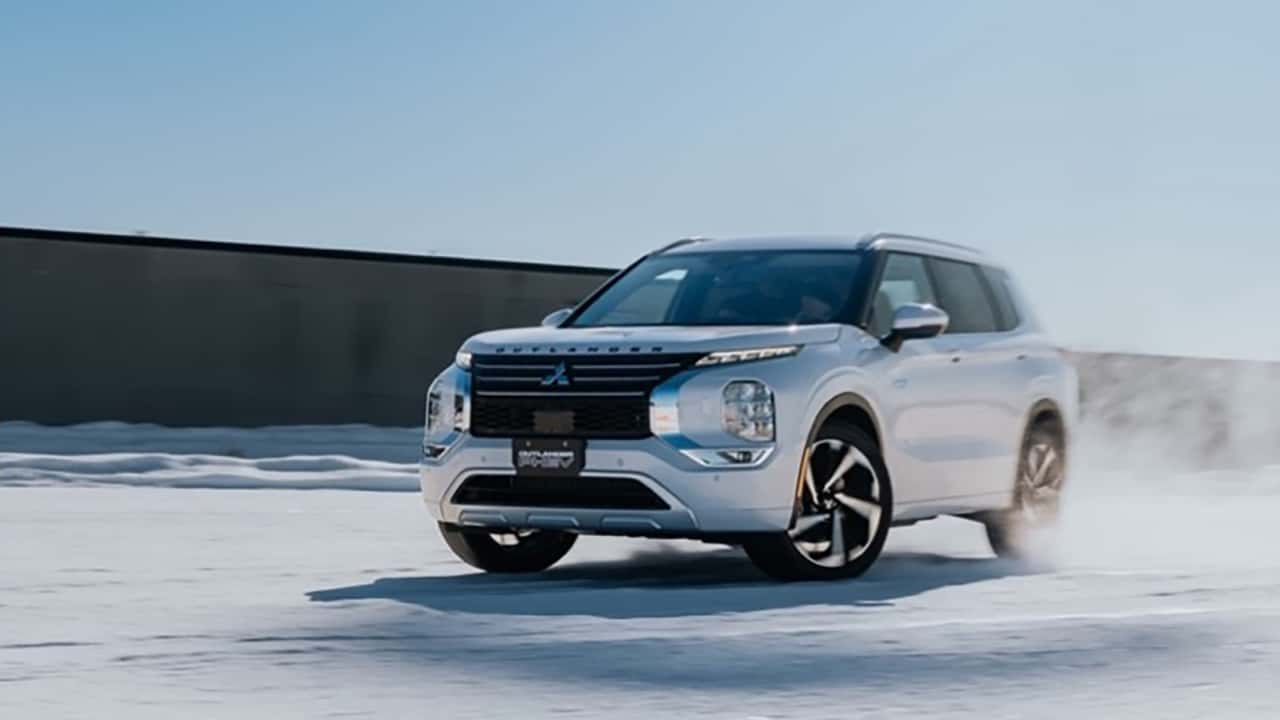
The Taiwanese contract manufacturing powerhouse Foxconn has had its share of ups and downs. several merger talks lately None of these plans have truly come to fruition. However, this could change shortly, as Mitsubishi has enlisted Foxconn’s assistance to produce its electric vehicles, according to recent Japanese reports.
The Japanese carmaker's involvement in the electric vehicle market is minimal. They have fallen behind and require assistance to speed up their plans for electric vehicles. The Mitsubishi i-MiEV ceased production some time ago, and at present, they offer just one all-electric model in the United States—the plug-in hybrid Outlander.
The company plans to introduce a new all-electric vehicle in the United States next year, and rumors indicate that this could be identical to the upcoming generation of the Nissan Leaf. However, it remains uncertain which specific Mitsubishi Electric Vehicle Foxconn will manufacture. Regardless, this partnership offers them an opportunity to accelerate their development process while maintaining cost efficiency.
100%: Does Tesla Need a Different CEO?
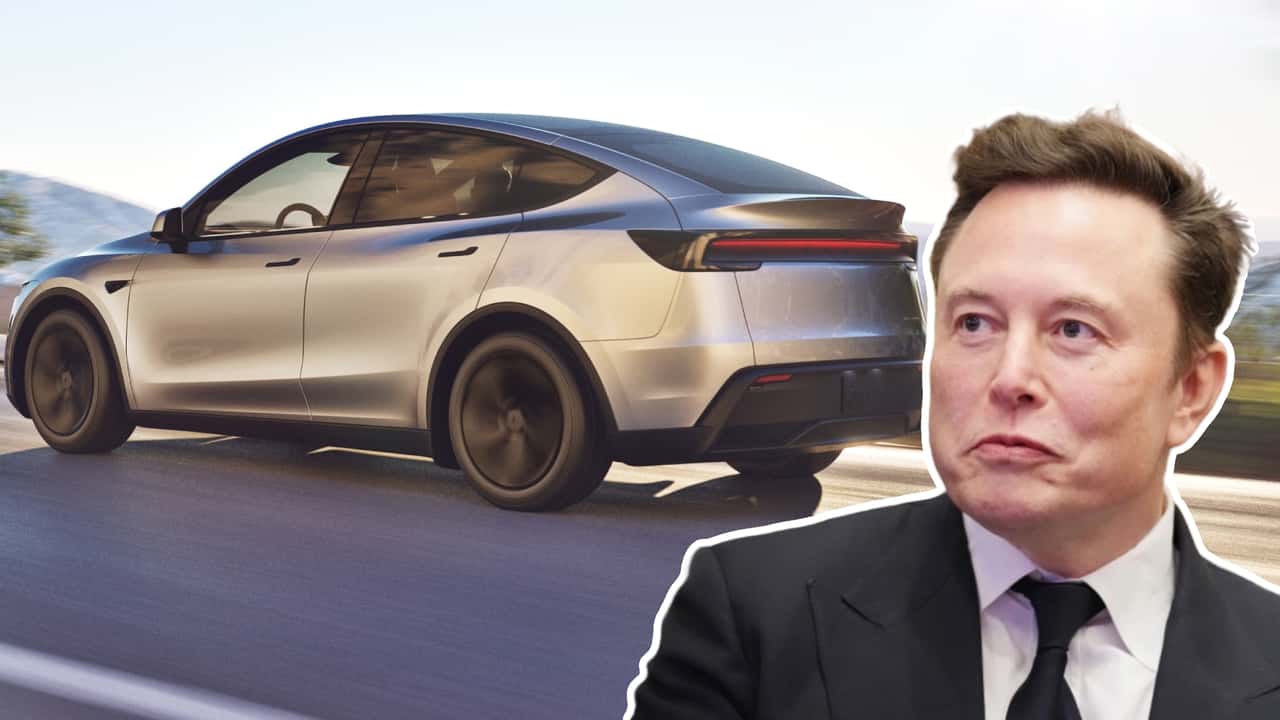
Musk New Model Y
The substantial work involved in refreshing the new Model Y—including interactions with the media, delving into complex engineering and design aspects—was managed primarily by Tesla’s Vice President of Engineering, Lars Moravy, along with Design Chief, Franz von Holzhausen, rather than Elon Musk. Evidence suggests that Musk hasn’t spent much time in Austin lately; instead, he seems focused on building relationships with Trump and can often be found at the White House.
Are his other firms, SpaceX and the social media company X, better managed independently? Should Tesla follow suit? And if so, who would be best suited for these roles?
Are you currently employed at Tesla or perhaps a former worker with a tale to tell? We're eager to converse confidentially and anonymously. Contact me via the Signal app using suvratk.74 or send an email. suvrat.kothari@insideevs.com
Related Stories

Gabung dalam percakapan